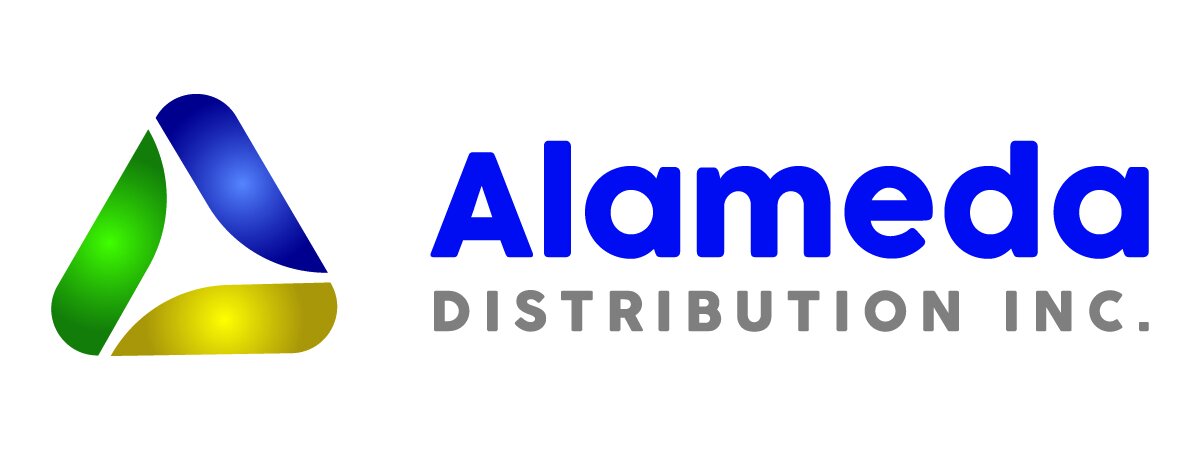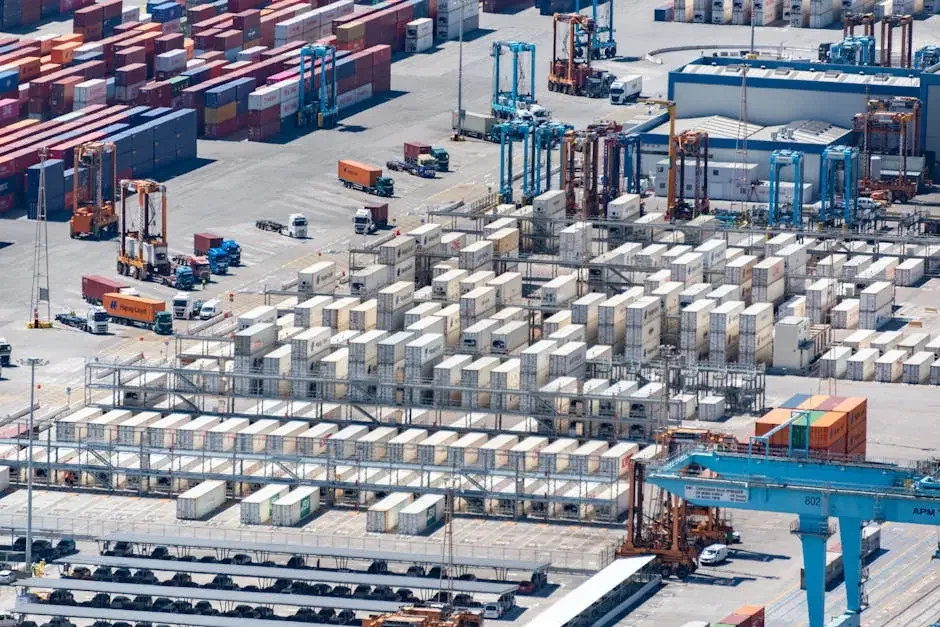12 Insider Tips on Choosing the Right Drayage Companies
Navigating the world of drayage can be a daunting task, especially if you're not familiar with industry-specific details. Choosing the right drayage company is crucial for ensuring your goods are handled efficiently and safely. In this friendly guide, we’ll walk you through some insider tips to help you make the best choice.
1. Understanding the Basics of Drayage
Before diving into the selection process, it's important to have a clear understanding of what drayage encompasses. At its core, drayage involves the short-distance movement of goods, often as part of a larger logistics operation. It's the crucial link between major transportation segments like shipping ports and warehouses. Understanding this linkage can help you appreciate why choosing the right company is crucial.
Drayage is not a one-size-fits-all solution. The type of drayage services you need can vary depending on the nature of your goods, the distances involved, and the ports or distribution centers you're working with. Familiarizing yourself with terms like 'inter-carrier drayage,' which involves moving goods between different carriers, and 'pier drayage,' used for import and export goods passing through ports, can provide a clearer picture of what to look for in service offerings.
Moreover, the role of technology in drayage cannot be overstated. Many modern drayage companies are leveraging state-of-the-art tracking systems and software to optimize routes and provide real-time updates. This tech-centric approach not only cuts down on delays but also enhances transparency, ensuring that your logistics chain runs smoothly.
2. Evaluating Experience and Expertise
Experience speaks volumes in the drayage industry. A seasoned company will have encountered and overcome a variety of challenges, equipping them with the know-how to handle unforeseen issues. When evaluating experience, look at the company's years in business, but also consider the specific expertise they have in your industry or for the type of goods you need transported.
It's also wise to scrutinize the expertise of the team working within the company. A knowledgeable team can provide insights into the most efficient routing, loading techniques, and compliance with governmental regulations. Their expertise can greatly impact the overall cost and efficiency of your logistical operations.
3. Checking Industry Reputation
A company’s reputation can often be an indicator of its reliability. Start by searching for reviews and testimonials online. Sites like the Better Business Bureau can provide ratings and feedback from past clients. Pay attention to patterns in the reviews, especially regarding punctuality, customer service, and the condition of received goods.
Joining industry forums and networking with other professionals can also give you insider knowledge. Don't hesitate to ask for personal recommendations from your peers or logistics professionals. A company with a strong reputation will often surface during these discussions.
4. Understanding Pricing Structures
Pricing can often be complex in the world of drayage. To navigate these waters, start by collecting quotes from multiple companies. Look beyond the bottom line price and focus on what is included in the service package. Things like fuel surcharges, waiting time fees, and additional services can quickly add up.
Understanding pricing models is also crucial. Some companies offer flat rates while others might use variable rates based on distance and time. Being clear about your shipment volume and timeline can help companies provide a more accurate estimate, thereby avoiding unexpected costs down the line.
5. Analyzing Fleet and Equipment Quality
The condition and variety of a company’s fleet and equipment can significantly impact service quality. Older equipment may be less reliable and break down more often, leading to delays. However, new doesn't always mean better. Ensure that the equipment is well-maintained and that drivers are trained to handle them effectively.
Explore whether the company offers specialized equipment that may meet unique needs your cargo might have, such as refrigerated trucks for perishable goods or extra-wide containers for bulkier shipments. This level of detail can be the difference between a good and great logistics provider.
6. Prioritizing Communication and Customer Service
Clear and effective communication is key in logistics. Before committing, evaluate how accessible and responsive the company is. Do they offer multiple contact channels like direct phone lines or 24/7 customer service support? Frequent updates and an open line of communication are crucial for tracking shipments and addressing any issues that may arise.
A company that prioritizes customer service will stand out in how they handle problems and accommodate special requests. From the first point of contact, note how they respond to your inquiries and gauge whether they are willing to go the extra mile to ensure satisfaction.
7. Ensuring Regulatory Compliance
Regulations in the transport industry are stringent. Any reputable drayage company should possess the necessary licenses and certifications. Always ask for documentation to verify their compliance. This due diligence prevents you from facing legal challenges later on.
Furthermore, understand the company's process for keeping their certifications up to date. Regulations may vary by region or type of goods, so having a partner that stays informed about the latest industry changes is invaluable.
8. Assessing Flexibility and Scalability
Your logistics needs may evolve over time. We’ll discuss the important of finding a drayage company that can grow and adapt alongside your business. A flexible partner can adjust to changes in demand, expand services, or offer additional resources as your company grows.
Scalability ensures that as your business expands, your logistics operations can adapt accordingly without significant disruptions. When assessing potential partners, inquire about their ability to accommodate larger volumes or different types of cargo in future scenarios.
9. Investigating Technological Capabilities
In today's fast-paced world, technology plays a crucial role. Companies utilizing advanced tracking systems, automated scheduling, and digital platforms for real-time updates can provide a major advantage. Such tools streamline operations and increase transparency, which is vital for maintaining an efficient supply chain.
Additionally, consider whether the company provides clients with access to these technologies. Portals and apps that let you track your shipments in real-time and provide data analytics can simplify your logistics management and provide critical insights into your shipping patterns and timelines.
10. Analyzing Insurance and Liability Coverage
Protecting your goods is paramount. A serious drayage company will have robust insurance coverage to protect against loss, damage, or theft. Knowing what each company offers in terms of insurance can provide peace of mind and prevent future conflicts.
While reviewing insurance policies, pay attention to the specifics of the coverage. Does it encompass all types of cargo your company handles? Ensure any gaps are addressed and that liability coverage is sufficient to protect your interests in the event of unforeseen circumstances.
11. Ensuring Environmental Sustainability
As environmental concerns grow, sustainability becomes a critical consideration. Look for drayage companies that implement eco-friendly practices. This might include energy-efficient vehicles, optimized routing to reduce fuel consumption, and policies focusing on emissions reduction.
Some companies may participate in carbon offset programs or invest in emerging green technologies. Choosing such a company not only helps the environment but may also resonate well with customers who value sustainability as a core business principle.
12. Reviewing Contracts and Terms Thoroughly
The fine print matters. Contracts govern everything from service level agreements to liability and payment terms. Review these documents meticulously to ensure there are no hidden fees or clauses that could impact your operations negatively.
Pay close attention to termination clauses and the flexibility around contract modifications. Reviewing with a legal advisor can also add an extra layer of scrutiny, ensuring that your interests are well-protected before engaging with a drayage firm.

